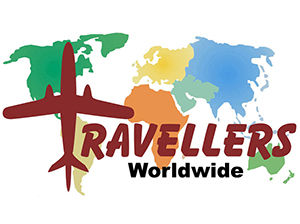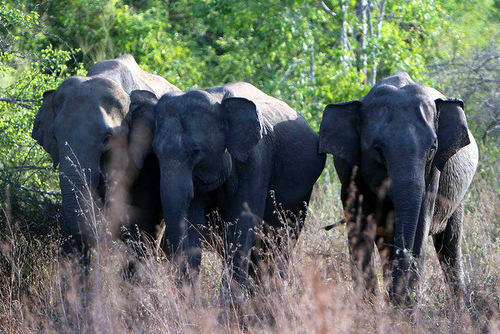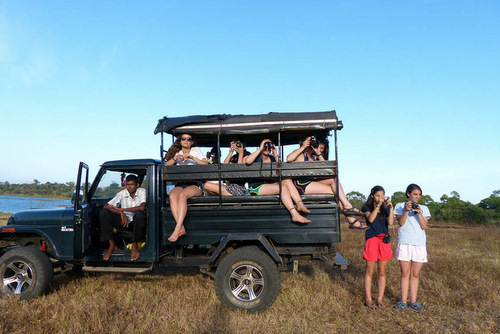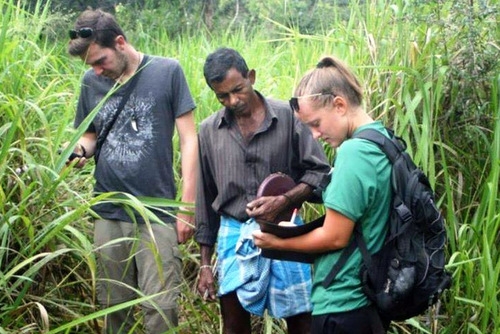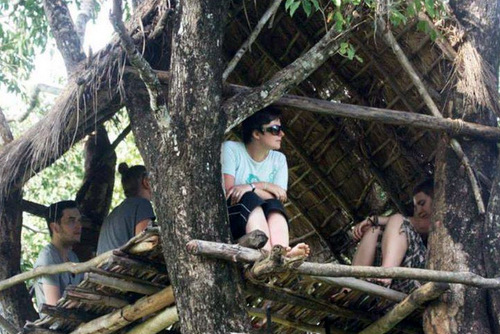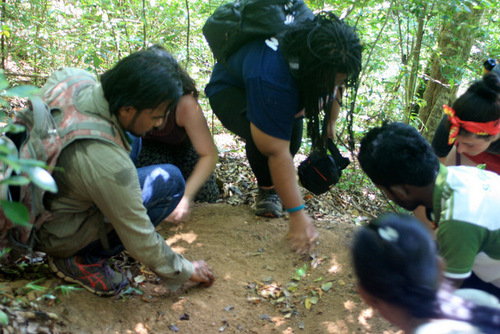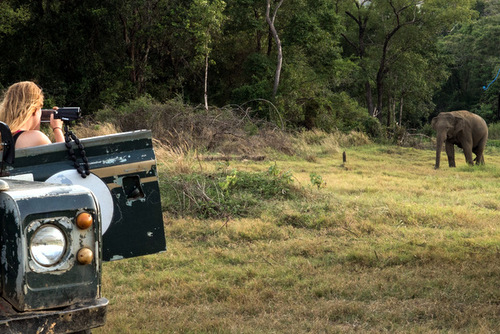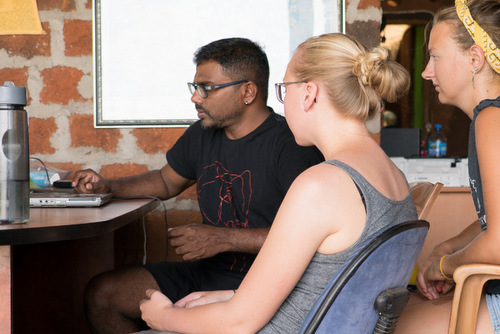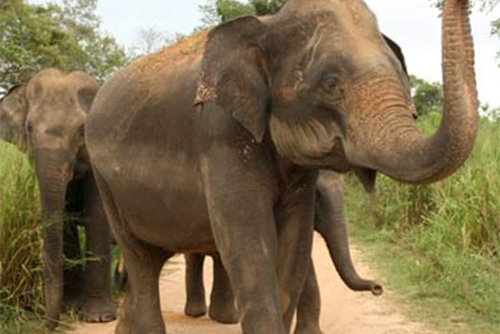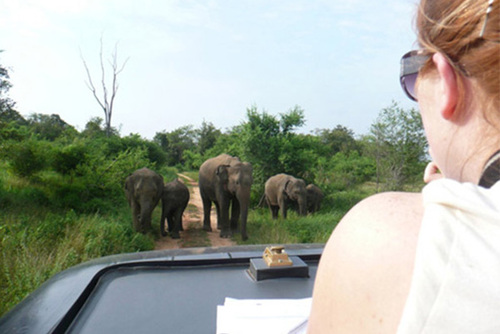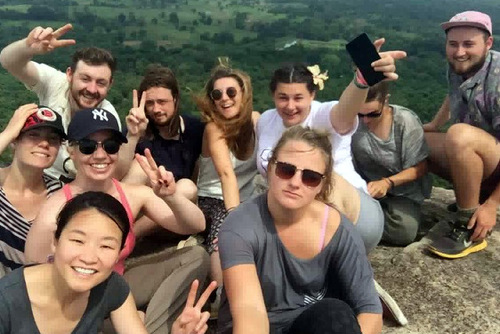Help conserve the Elephants and other wildlife in Wasgamuwa National Park. The main aim is to "save elephants and their habitats by helping people". You’ll do work that is really valued and that makes a significant difference to people’s lives. And the location is breathtaking!
One day you could be laying cameras to identify new leopard trails, and then next you could be staying overnight in a tree-house to watch for elephants. You don't need any qualifications to participate in this project.
The project has a broad scope and you'llhelp out in any of the research projects and operational needs summarized below. Not all these activities will be available at one time – you’ll likely be involved in several, or a selection, depending on the needs at the time you're there. Below is a list of the current activities:
ELEPHANT RESEARCH:
- Tank (where the elephants bathe) monitoring
- Trail transects (a hike to identify if elephants have been in the area) on the trails that range from 5-10 kilometres on undulating to steep terrain.
- Road transects outside (buffer zone) of the national park.
- Park ID - identification of elephants within the park
- Fence monitoring - in both Pussellayaya and Weheragalagama
- Observations of elephants from tree hut and at tanks.
GIS RESEARCH
- Identification of trails which predators / prey species use
- Biodiversity mapping
- HEC mapping
- Analysis of GIS data from all other research projects
SOCIO-ECONOMIC AND AGRO/SOCIAL FORESTRY RESEARCH
- Village Headman (GND) Surveys
- HEC (Human-Elephant Conflict) assessment surveys
- Project Orange Elephant (alternative crops project that is providing locals with oranges to farm as well as their usual crops. Elephants do not eat citrus fruits, so even if the farmland was destroyed by elephants the livelihood of the locals would not be ruined as they still have the oranges to sell.
FARMING & AGRICULTURE
- Data on farming operations (such as number of eggs produced, milk production, health issues, paddy/fruit production)
OPERATIONS AND BASIC HOUSEKEEPING:
- Cleaning and maintenance of vehicles, bicycles and other equipment
- Clearing / Cleaning of field bases and equipment
- Packing / Storing and Stock taking of all equipment before departure of groups of volunteers / at least every two months.
The work is vigorous and also mentally challenging at times, due to the warm and humid climatic conditions (especially in summer) - but it is extremely satisfying and rewarding! There can be a lot of physical activity involved in the project, you may be walking up to 10 kilometres a day and / or cycling up to 15 kilometres a day!
ACCOMMODATION:
You will live in a remote village called Pusseleya on the outskirts of the National Park, located around 7 hours east of Colombo. The community that you will become a part of is mostly dependant on paddy farming for its livelihood and as such the way of life here is very simple - you'll get back to basics and live like the villagers.
FOOD: Your food will be freshly cooked by the house caretaker and his wife. Neither of them speak very much English but a smile goes a long way! They are both lovely and love looking after you! The food is basic but delicious! The food usually consists of vegetarian curries, which are made milder than they would for themselves – but there is still a kick to them!
"I couldn’t write this account without mentioning the fantastic food we are given three times a day. Delicious and sometimes unusual Sri Lankan fare is plentiful every day. I shall definitely miss those wonderful curries. Thank you so much for helping make the field house feel like home." Sheree Mitchell
WHAT TO DO NEXT
Send an enquiry - we're there to help you. Most of our team are ex volunteers and are ideally qualified to offer advice and guidance because they know what you're looking for. They'll help you find your perfect project - and then make it all happen! As soon as we receive it, we’ll liaise with you and then start making your travel adventure happen. It’s as easy as that.

